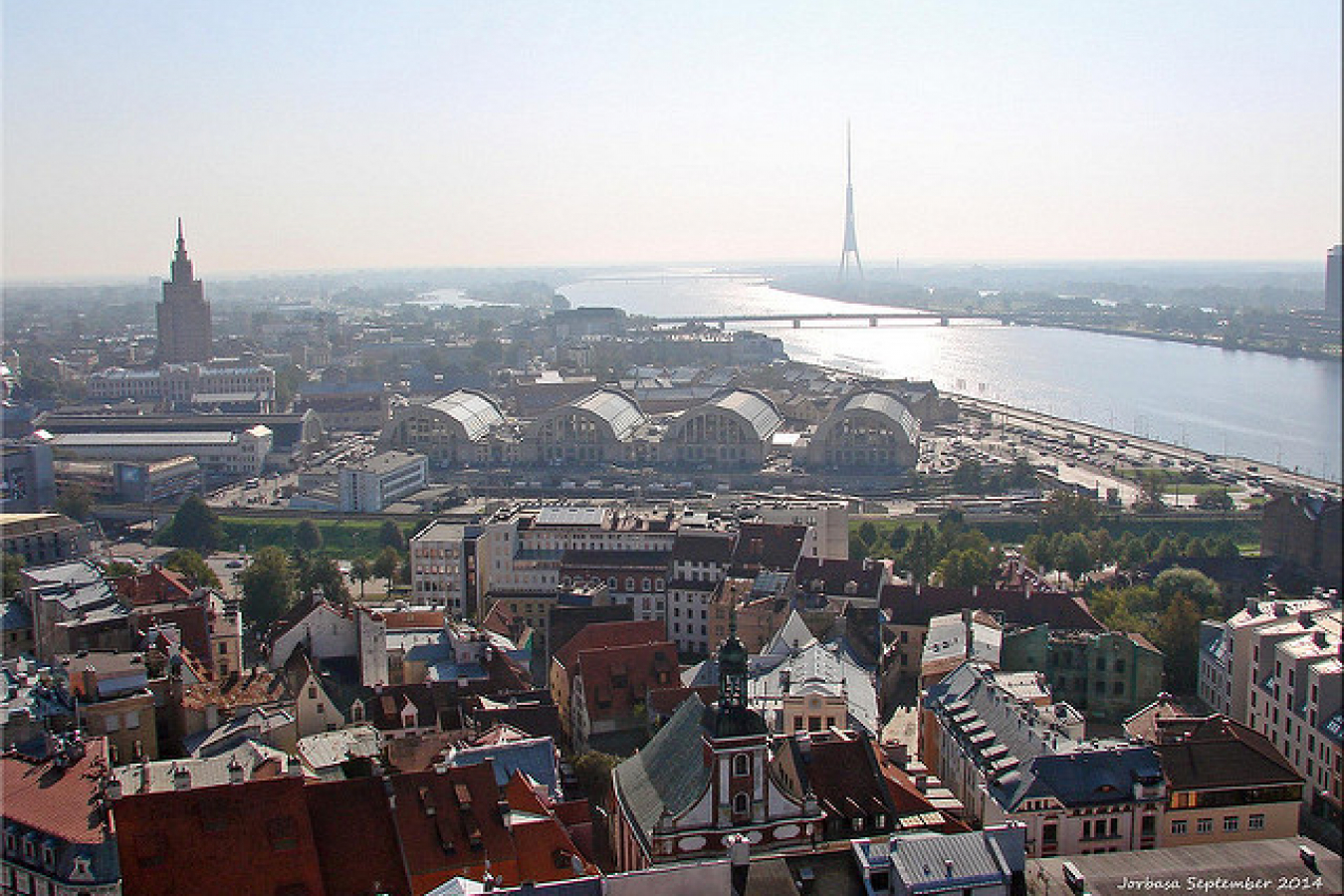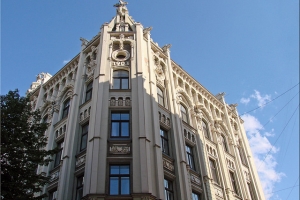Support migrant centric journalism today and donate

The number of overseas nationals residing in Germany grew at the quickest rate in 20 years in 2014 according to figures released by the Statistics Office on March 16. Data shows that in 2014 a total of 519,340 people, equivalent to 6.8 percent of the population, arrived in Germany compared to 2013, which saw 437,000 people coming to the country.
The majority of foreigners arriving in Germany are Syrians, who are fleeing war, plus Romanians and Bulgarians coming in search of employment. The surge in immigrants represents a second year in a row of record immigration in Europe's biggest economy.
Immigration concerns
Growing concerns about immigrant numbers has led to rising support for extreme right-wing political parties in Germany, including the newly formed Alternative for Germany (AfD) and movements such as the Patriotic Europeans Against the Islamisation of the West (PEGIDA), which had large rallies in the eastern city of Dresden towards the end of 2014.
A spokesperson for the German Statistics Office said: "Up to now there have only been two years where the number of foreigners in Germany saw a stronger rise than in 2014 - namely in 1992, by 613,500, and in 1991, by 539,800."
The was a rise in the number of immigrants in the early 1990s due to Germany taking in refugees fleeing form ethnic violence from what was once Yugoslavia.
Foreigner numbers in 2014
At the end of 2014, the total number of overseas nationals registered as living in Germany was 8.2 million, which represents the highest figure since records began in 1967. The country also saw record immigration levels in 2013, coming just behind the United States as the world's most popular immigrant destination.
The continuing rise in immigrant numbers year after year is affecting the popularity of German Prime Minister, Angela Merkel, with polls indicating that her government's immigration policies may not be popular with many German voters.
Defence
However, many organisations and politicians have stood in defence of Germany's immigration record. The rallies instigated by PEGIDA in Dresden late last year were actually eclipsed by gatherings, which saw tens of thousands of people declaring that Germany welcomes foreigners.
EU member states
Close to 60 percent of newly-arrived foreigners in Germany came from EU member states. Romanian numbers increased by 87,945, the equivalent of 32.9 percent, while Bulgarian numbers rose by 36,435, the equivalent of 24.8 percent. These numbers increased after immigration restrictions on the two nations were lifted on January 1, 2014.
Romania eclipsed Poland as the single biggest source of new immigrants arriving into Germany, while Syria recorded the third highest number, with a 107.7 percent rise in the number of people seeking refuge in the country. By the end of 2014, the number of new Syrian immigrants in Germany in that year stood at 61,295.





















